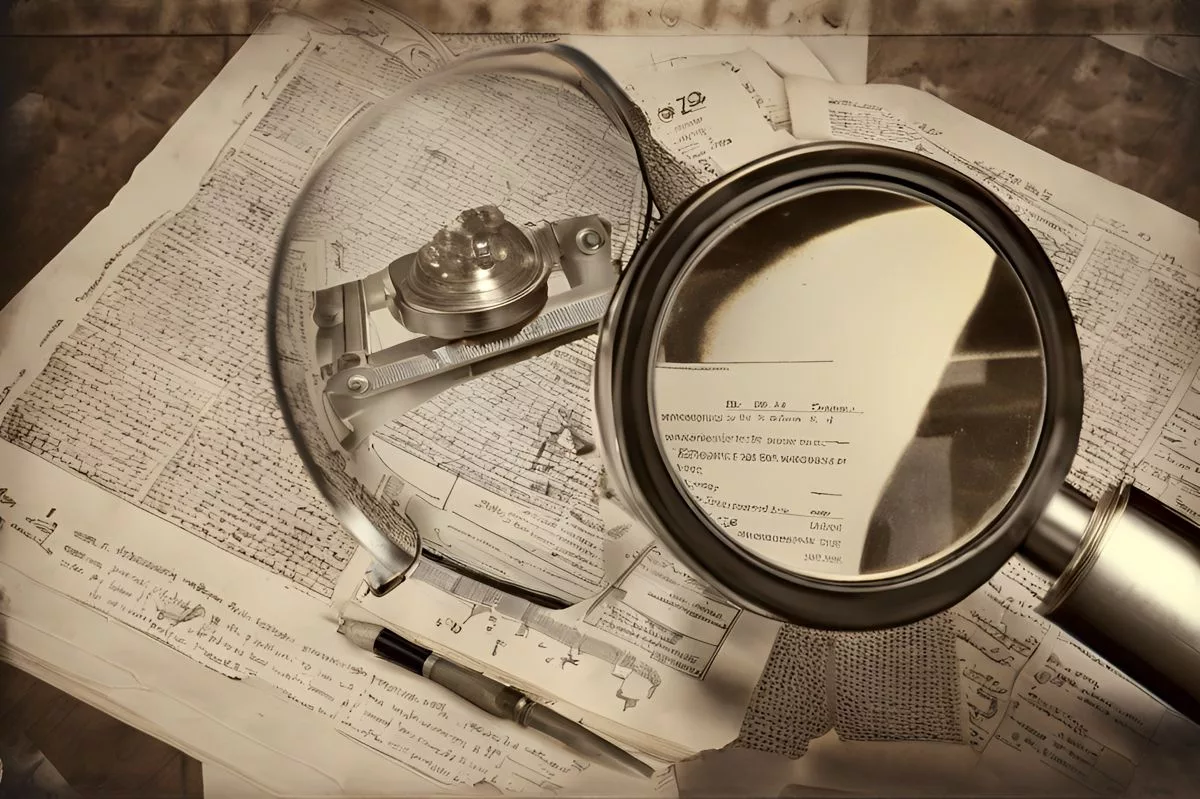The summit aimed to evaluate the existing oversight function and enhance the living standards of South African citizens. Resolutions were put forth for consideration, including advocating for collaborative oversight among different governmental spheres and implementing legislation that allows the amendment of Money Bills. The summit underscored the sector’s necessity to effectively utilize empirical data and involve the public in the oversight process for effective governance.
The 2024 South African Legislative Sector (SALS) Oversight Summit aimed to evaluate the existing oversight function and enhance the living standards of South African citizens. Distinguished delegates from all ten South African Legislatures were present, and a slew of resolutions were put forth for consideration, including advocating for collaborative oversight among different governmental spheres and implementing legislation that allows the amendment of Money Bills. The summit underscored the sector’s necessity to effectively utilize empirical data and involve the public in the oversight process for effective governance.
Nestled within the vibrant confines of Cape Town, the Century City Conference Centre hosted an event of significant import – the 2024 South African Legislative Sector (SALS) Oversight Summit. Within the picturesque city, the summit spread its wings across two days, from January 30th to 31st, 2024.
Known for its rich history, Cape Town provided the ideal setting for this crucial gathering under the theme “Striving for Oversight that ensures the realisation of a better life for all” – an exploration into the effectiveness of oversight and the quest for enhanced governance quality.
Distinguished delegates from all ten South African Legislatures were present, along with representatives from the Executive, Judiciary, and Institutions Supporting Democracy. The landscape was further enriched with figures from the South African Local Government Association (SALGA), SADC Speakers, the European Union (EU), Civil Society Organizations, and Academia.
Scrutinising the Status Quo and Working Towards Improved Governance
This exclusive assembly was convened to critically evaluate the existing oversight function in the South African Legislative Sector. The South African Constitution mandates Legislatures to maintain watch over the Executive, aiming for a government that is transparent, responsive, and responsible. Ensuring such government forms part of the mandate of SALS.
The ultimate aim of such an event might leave many questioning: What is the point? The answer, although straightforward, carries immense weight: enhancing the living standards of South African citizens. The National Development Plan (NDP) echoes this societal impact at the core of the oversight work, advocating for robust oversight and heightened citizen participation.
The Legislatures, as the prime organs of the State, validate our democracy, uphold democratic ideals and principles, guard human rights, and ensure accountable governance. All these endeavors seek to elevate the life quality of every citizen and tap into each individual’s potential.
The Impactful Dialogues and Resolutions from the 2024 SALS Summit
The 2024 SALS Summit was not merely a gathering but a hotspot of impactful dialogues. The inputs given, and the consequent discussions significantly contributed to the success of the event.
A slew of resolutions was put forth for consideration, each designed to bolster the effectiveness of oversight and governance. These include advocating for performance monitoring and assessment in all oversight activities and promoting more collaborative oversight among different governmental spheres, Institutions Supporting Democracy, and Civil Society.
The call to action included reviewing the strategic vision and global practices, upholding core values, and embracing technological advancement for bolstered oversight. Implementing legislation that allows the amendment of Money Bills across all Legislative Sector members was deemed crucial.
The Takeaways and the Road Ahead Post the Summit
When it comes to parliamentary oversight, the summit underscored the sector’s necessity to effectively utilise empirical data for planning, implementing, and evaluating oversight activities in alignment with relevant strategic development plans like NDP, SADC Master Plan, AU Agenda 2063, and SDGs.
One intriguing takeaway was the renewed dedication towards public involvement in the oversight process. The delegates agreed to assess and revise the Public Participation Framework and public participation processes for effective oversight in Legislatures.
A critical aspect was the need to thoroughly scrutinize legislation concerning implementation timelines, budget implications, and executive capacity. This necessitates a systematic evaluation of ad-hoc committees’ functioning and effectiveness and the use of data, particularly data on government programme performance and citizen satisfaction.
An interesting perspective delved into the influence of electoral legislative frameworks on the Legislative Sector’s effectiveness. The delegates committed to considering the legislation and regulations that guide the formation and functioning of coalition governments, to prevent the dysfunction caused by hung legislatures and councils.
As the curtains fell on the 2024 SALS Summit, it emerged that the event was more than just a gathering, but a significant stride towards a better South Africa. The participants’ determination to enhance oversight and governance quality, to ensure an improved quality of life for all South Africans, resounded clearly.
A fun fact that arose from the summit is that the room where a House meets to debate is termed a “Chamber”, metaphorically representing the crucial discussions and decisions that occur within.
The spirit of transparency and openness allows anyone to arrange a tour to attend a debate. The doors are open for those interested, thus personifying the summit’s overarching theme – Striving for Oversight that ensures the realisation of a better life for all.
As the delegates dispersed to their respective sectors, the real work began. Armed with insights and resolutions from the summit, they embarked on the mission to ensure effective, open, responsive, and accountable governance. After all, this is the essence of oversight, and the promise of a better South Africa for all.
1. What was the main aim of the 2024 South African Legislative Sector Oversight Summit?
The main aim of the 2024 South African Legislative Sector Oversight Summit was to evaluate the existing oversight function and enhance the living standards of South African citizens.
2. Who were the distinguished delegates present at the summit?
Distinguished delegates from all ten South African Legislatures were present, along with representatives from the Executive, Judiciary, and Institutions Supporting Democracy. The landscape was further enriched with figures from the South African Local Government Association (SALGA), SADC Speakers, the European Union (EU), Civil Society Organizations, and Academia.
3. What were the resolutions put forth for consideration at the summit?
A slew of resolutions was put forth for consideration, including advocating for collaborative oversight among different governmental spheres and implementing legislation that allows the amendment of Money Bills. The call to action included reviewing the strategic vision and global practices, upholding core values, and embracing technological advancement for bolstered oversight.
4. What was the takeaway from the summit regarding public involvement in the oversight process?
The delegates agreed to assess and revise the Public Participation Framework and public participation processes for effective oversight in Legislatures, showing a renewed dedication towards public involvement in the oversight process.
5. What was the interesting perspective delved into at the summit regarding electoral legislative frameworks?
The delegates committed to considering the legislation and regulations that guide the formation and functioning of coalition governments, to prevent the dysfunction caused by hung legislatures and councils.
6. What is a fun fact that arose from the summit?
The room where a House meets to debate is termed a “Chamber”, metaphorically representing the crucial discussions and decisions that occur within. The doors are open for those interested, allowing anyone to arrange a tour to attend a debate.












